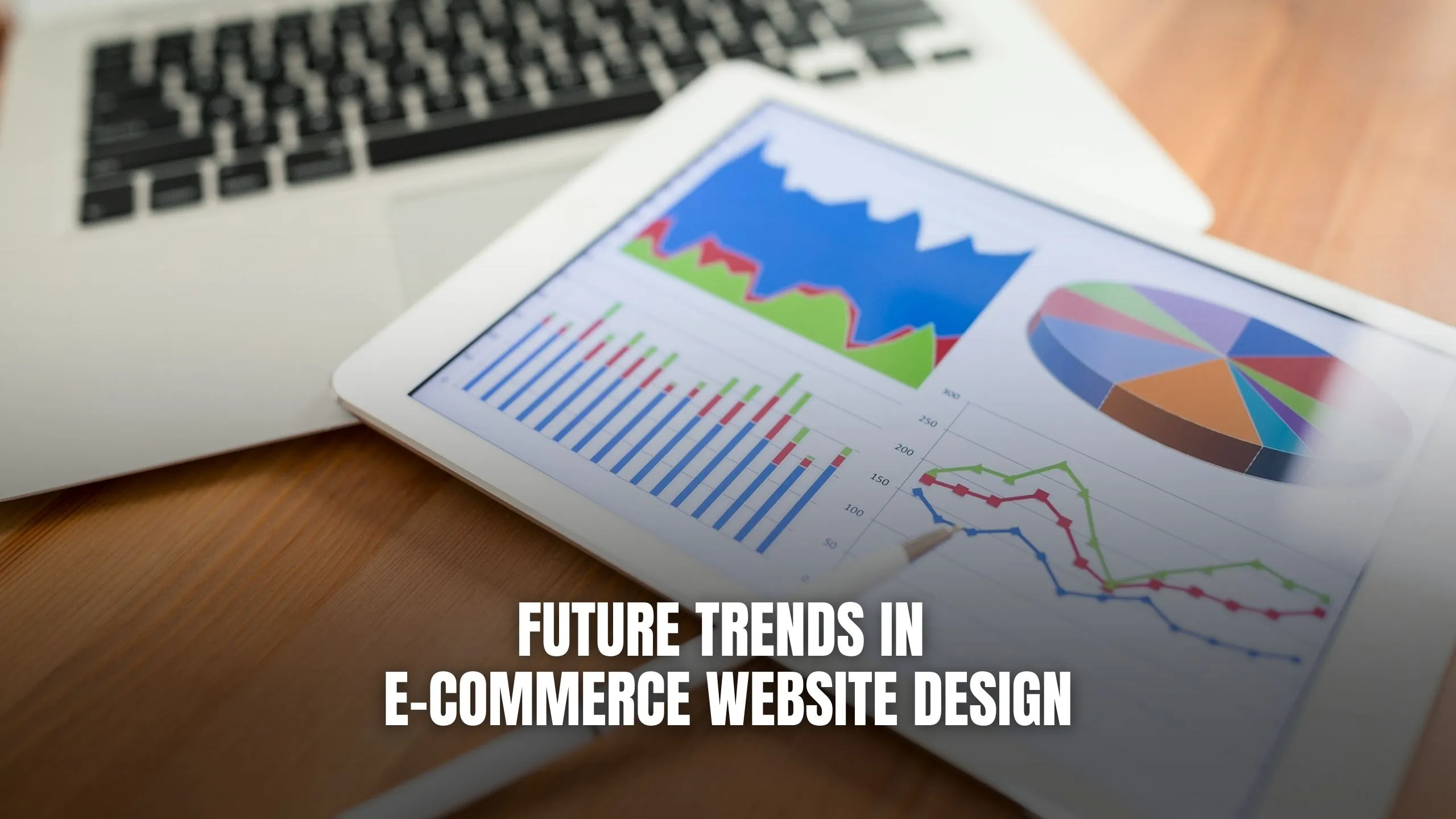Future Trends in E-Commerce Website Design
- WebOps Platforms Bug Tracking & Feedback Software Web Development & Design


Future Trends in E-Commerce Website Design
The future of e-commerce website design is dynamic and ever-evolving, driven by technological advancements and changing consumer behaviors. Let’s explore some emerging trends that are reshaping the landscape of online retail.
1. Augmented Reality (AR) Integration
AR technology is revolutionizing the way customers interact with products online. By incorporating AR features into e-commerce websites, businesses can offer immersive shopping experiences that allow customers to visualize products in their real-world environment before making a purchase. This trend not only enhances the shopping experience but also reduces the likelihood of returns, leading to higher customer satisfaction and increased sales.
2. Conversational Commerce
Conversational commerce, powered by chatbots and AI-driven messaging platforms, is gaining traction in e-commerce. These intelligent chatbots provide personalized assistance to customers, guiding them through the purchase journey, answering questions, and offering product recommendations. By integrating conversational commerce into their websites, businesses can enhance customer engagement, streamline the buying process, and provide round-the-clock support, ultimately driving conversions and improving customer loyalty.
3. Voice Commerce Optimization
With the rise of voice-enabled devices like smart speakers and virtual assistants, voice commerce is becoming increasingly prevalent. E-commerce websites are adapting to this trend by optimizing their platforms for voice search and commands. By implementing voice search capabilities and voice-activated shopping features, businesses can cater to the growing segment of consumers who prefer hands-free interactions, thereby enhancing accessibility and convenience.
4. Responsive and Mobile-First Design
As mobile shopping continues to soar, e-commerce websites must prioritize responsive and mobile-first design principles. Mobile optimization ensures that websites are accessible and functional across devices of all screen sizes, providing a seamless browsing and purchasing experience for mobile users. By adopting a mobile-first approach to design, businesses can reach a broader audience, improve search engine rankings, and drive conversions.
5. Personalization and AI-Driven Recommendations
Personalization remains a cornerstone of effective e-commerce website design, and AI-driven recommendation engines are taking it to the next level. By leveraging machine learning algorithms to analyze customer data and behavior, e-commerce websites can deliver highly personalized product recommendations, discounts, and content tailored to individual preferences. This level of personalization enhances user engagement, fosters brand loyalty, and ultimately drives sales and revenue.
Recommended SaaS Products
Here are some recommended SaaS products that can help you implement the future trends in e-commerce website design:
- Shopify: A leading e-commerce platform that offers customizable templates, mobile optimization, and integrated AR features to create immersive shopping experiences.
- BigCommerce: An e-commerce platform known for its robust mobile-first design capabilities, advanced SEO features, and AI-driven product recommendations to enhance user engagement.
- Wix eCommerce: With Wix eCommerce, you can build stunning online stores with responsive design, voice commerce optimization, and integrated chatbots for conversational commerce.
- Squarespace Commerce: Sleek templates, AR integration, and AI-driven recommendations elevate e-commerce website design for a modern aesthetic.
- Magento: Open-source e-commerce platform offering flexibility, scalability, and extensive customization, ideal for implementing cutting-edge trends like AR and personalization.
Conclusion
In conclusion, the future of e-commerce website design is characterized by innovation, personalization, and user-centric experiences. By embracing emerging technologies such as AR, conversational commerce, and voice optimization, businesses can stay ahead of the curve and meet the evolving needs and expectations of today’s digital consumers. Additionally, prioritizing responsive design and leveraging AI-driven personalization can help businesses create immersive, seamless, and engaging online shopping experiences that drive growth and success in the competitive e-commerce landscape.
Elevate Your E-Commerce Website with Subscribed.fyi!
Ready to implement the latest trends in e-commerce website design? Sign up for free with Subscribed.fyi to unlock exclusive deals and savings on essential SaaS tools for optimizing your online store. From AR integration to conversational commerce solutions, Subscribed.fyi offers the tools you need to stay ahead in the ever-changing world of e-commerce. Unlock Secret Deals!
Relevant Links:








